Sweat rate calculator
Health guide
Introduction
Engaging in sports often involves sweating, but the amount varies greatly among individuals. Some perspire profusely upon entering a sauna, while others barely break a sweat until they leave. In sports, understanding your unique sweat rate is essential. It not only determines your hydration needs but also helps you avoid carrying unnecessary extra weight.
Sweat Rate FAQs
Do Fit Individuals Sweat More?
Contrary to old beliefs, fit individuals tend to sweat more. Regular training improves the body's temperature regulation, making it more efficient at cooling down quickly. Thus, fitness enhances your capacity to stay cool during exercise.
Does Increased Hydration Lead to More Sweating?
Consuming more fluids does not automatically increase sweating. Thermoregulation is essential for maintaining constant body temperature, ensuring optimal functioning. Excess liquid is expelled as urine, while inadequate intake hampers performance.
Sweating for Weight Loss - Myth or Reality?
Sweating should not be seen as a weight loss method. The body's hydration is finely tuned, and any weight loss from sweating is minimal and short-lived. Prolonged dehydration can harm performance and vital organs, leading to illness.
When Does Sweating Become Unhealthy?
Post-exercise sweating is generally healthy, aiding in the body's recovery. However, severe night sweats can result from eating too close to bedtime or indicate underlying health issues. Excessive palm sweating, particularly during activities like climbing, may require medical attention.
Do you Lose Minerals Through Sweating?
Sweat is salty, causing the body to lose essential minerals. To maintain balance, these substances should be replaced through drinking. Isotonic drinks are well-absorbed, and mineral-infused beverages replenish vital minerals and salts.
Conclusion
Understanding your sweat rate is crucial for determining your hydration needs and can also reflect your fitness level. Training enhances your body's ability to regulate temperature efficiently, adapting to various environments. When engaging in rigorous exercise, ensure adequate fluid intake and, if necessary, incorporate a small amount of salt.
Urine chart
Dehydration can cause dizziness, fatigue, headaches, confusion and fainting.
Even dehydration by as little as 2% body mass leads to significant reductions in performance.
Check out our urine chart to learn more about you hydration levels.
